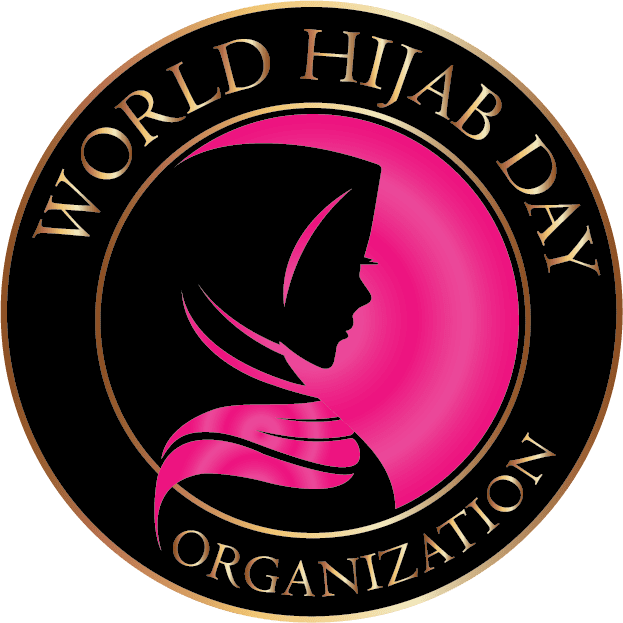By Famidah Mundir-Dirampaten
To begin, let me state unequivocally that Muslim women should have the freedom to decide whether or not to wear the hijab. It should be entirely in their hands to make this decision. Any intellectual discussion of the veil’s use in educational facilities or other public spaces should be founded on and centered on this fundamental point.
Since the declaration of a “war on terror” two decades ago, Muslim women have been the victims of institutionalized Islamophobia in Europe and other parts of the world. Their freedom of expression and religion have been systematically hampered with and violated by European states and other parts of the world through discriminatory legislation and policies, as well as racist rhetoric.
Under the guise of ‘neutrality’ and ‘protection,’ these countries are slipping into pre-Renaissance religious intolerance by enacting discriminatory laws. Many Muslim women have faced gendered Islamophobia and discrimination as a result of these state-led actions. Headscarf bans have had a significant impact on Muslim women, both those who choose to wear them and those who do not.
In today’s world, Islamophobic attacks are on the verge of escalating. Muslims are accused of women’s oppression, terrorism, ignorance and hostility toward civilization. Many Muslim communities are being persecuted around the world. Some Muslims are caught in the middle of a battle in which they are subjected to military fire. Others are embroiled in a battle of ideas, conflicted by propaganda and insults. Oftentimes, psychological warfare is more damaging than military warfare, as its effects can linger for generations. And Muslim women who wear the hijab, which is the most visible representation of Islam, are caught in the middle of heated hate.
Instead of zeroing in on the issue of people’s prejudices against Muslims, the argument is predicated on the assumption that the hijab is the problem. Is it that important what people are wearing? If real progress is to be made, it must begin and end with the removal of bigotry, not with the removal of head coverings.
Can individual rights be protected while maintaining society’s secularist values without being overly restrictive of individual rights or being overly liberal in preserving a culture of foreign norms? Legislation and judicial review are used to negotiate the specific balancing points between the will of the majority and the freedom of the individual.
While secularism may prevent people from making laws based on religious scriptures, it cannot prevent fascists from oppressing religious minorities as “threats” to national identity. Currently, this is what we are seeing in India with the Hindutva Movement against Muslims, and it happens in France and Austria, and it is gradually spreading throughout Europe. The fight over the hijab isn’t just an Indian or European issue; it’s a global phenomenon with a long history. The challenge for these countries lies in shifting away from a state-controlled public sphere toward a pluralistic society that can accommodate people of diverse ethnicities and religious beliefs.
Moreover, liberal democracies are built on the principle of giving individuals the latitude and freedom to express themselves, including their religious convictions. That is, the individual is shielded from the state’s ability to dictate their choices.
Democracies are legitimate when their general will is shaped by free people. Individual liberty is threatened when the democratic will is undermined, so individual rights are protected to keep democracy from crumbling. This has been the consensus since at least the time of John Locke.
Individual rights would be violated if the hijab were to be prohibited. It is yet another method of controlling women, and taking it to the government level and legislating how women dress is a violation of human rights and undermines the entire foundation of democracy. Moreover, some see the hijab as a symbol of ethnic identity and self-affirmation in a society where Muslim communities constitute a significant number of those marginalized. It is not the right policy to try to outlaw religious symbols in educational facilities and other public spaces. This blanket ban is the embodiment of the very fundamentalist ideology that it seeks to combat.
Secularism should enshrine the idea that all religions are welcome as long as no one is discriminated against, religious or non-religious, and as long as everyone is treated equally in terms of rights and responsibilities in front of the law.
About the Author

Famidah Dirampaten is a candidate for the Master of Arts in Religious Studies with concentrations in Interfaith Peace Building and Nonprofit Leadership at the Unification Theological Seminary in New York. She is currently based in Doha, Qatar. Instagram@famidz



